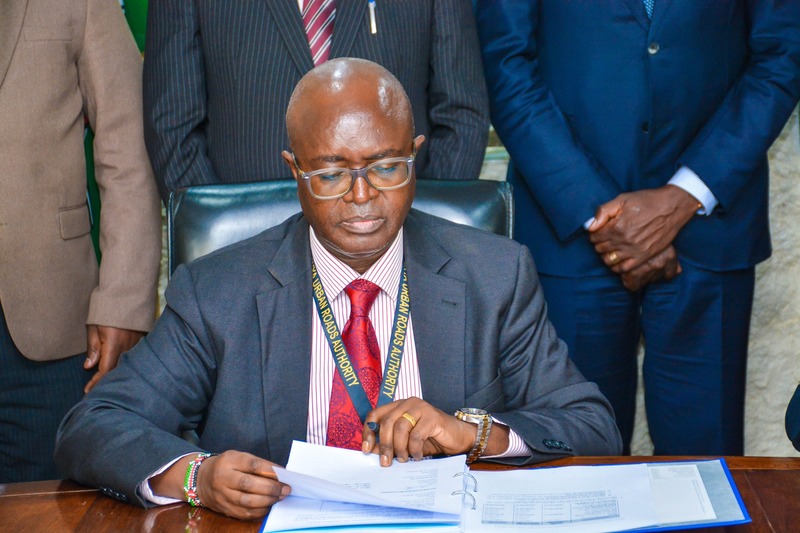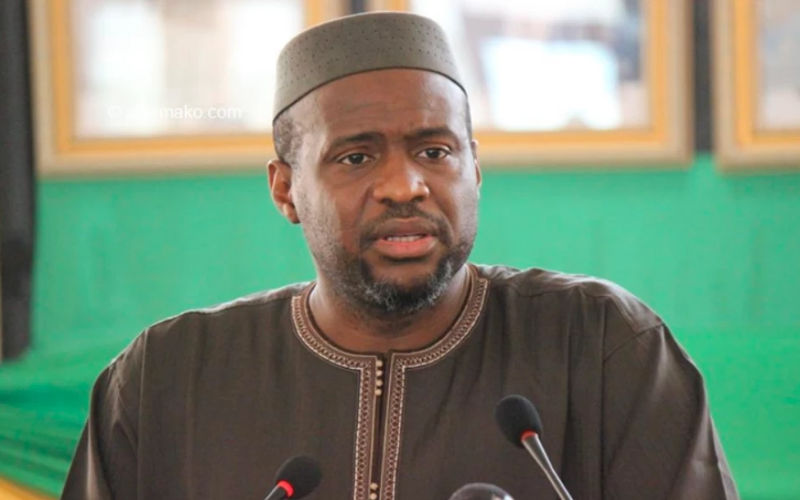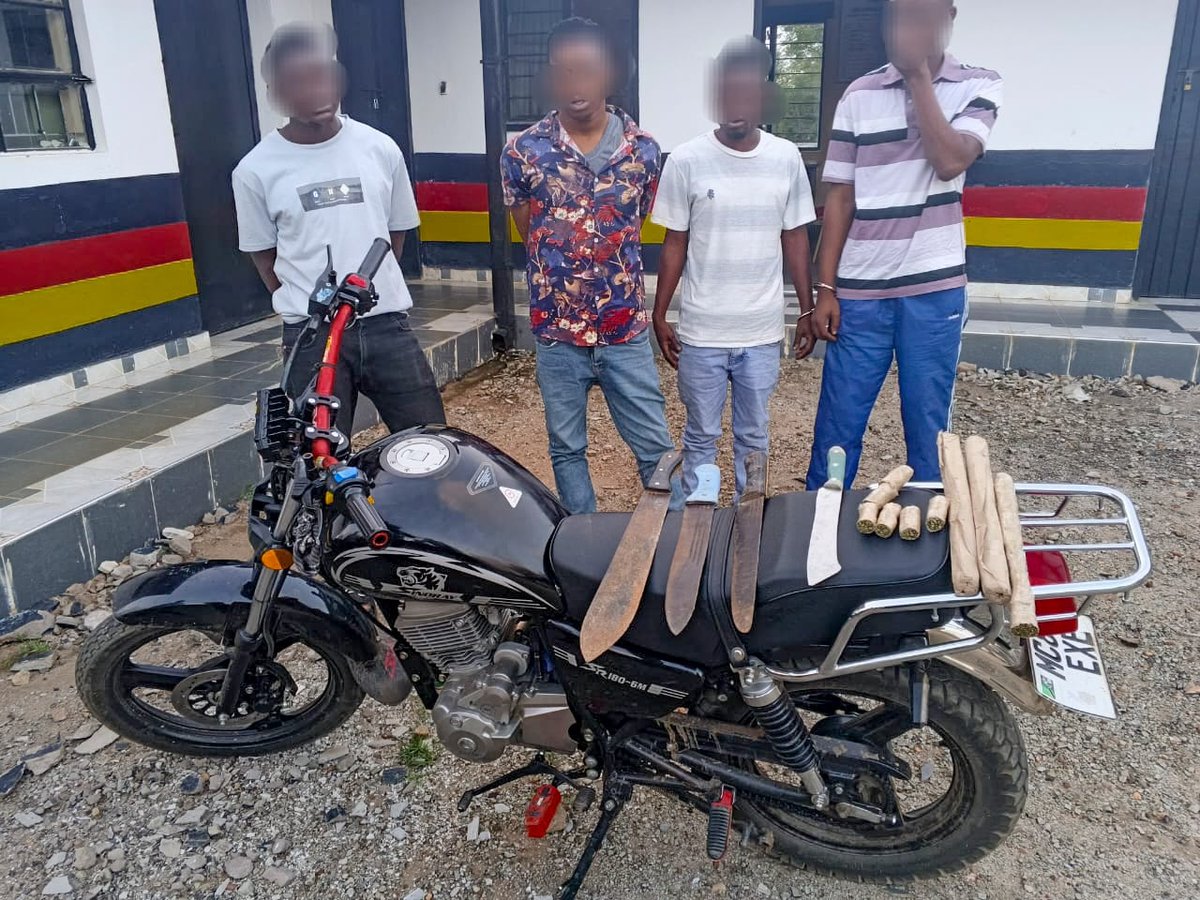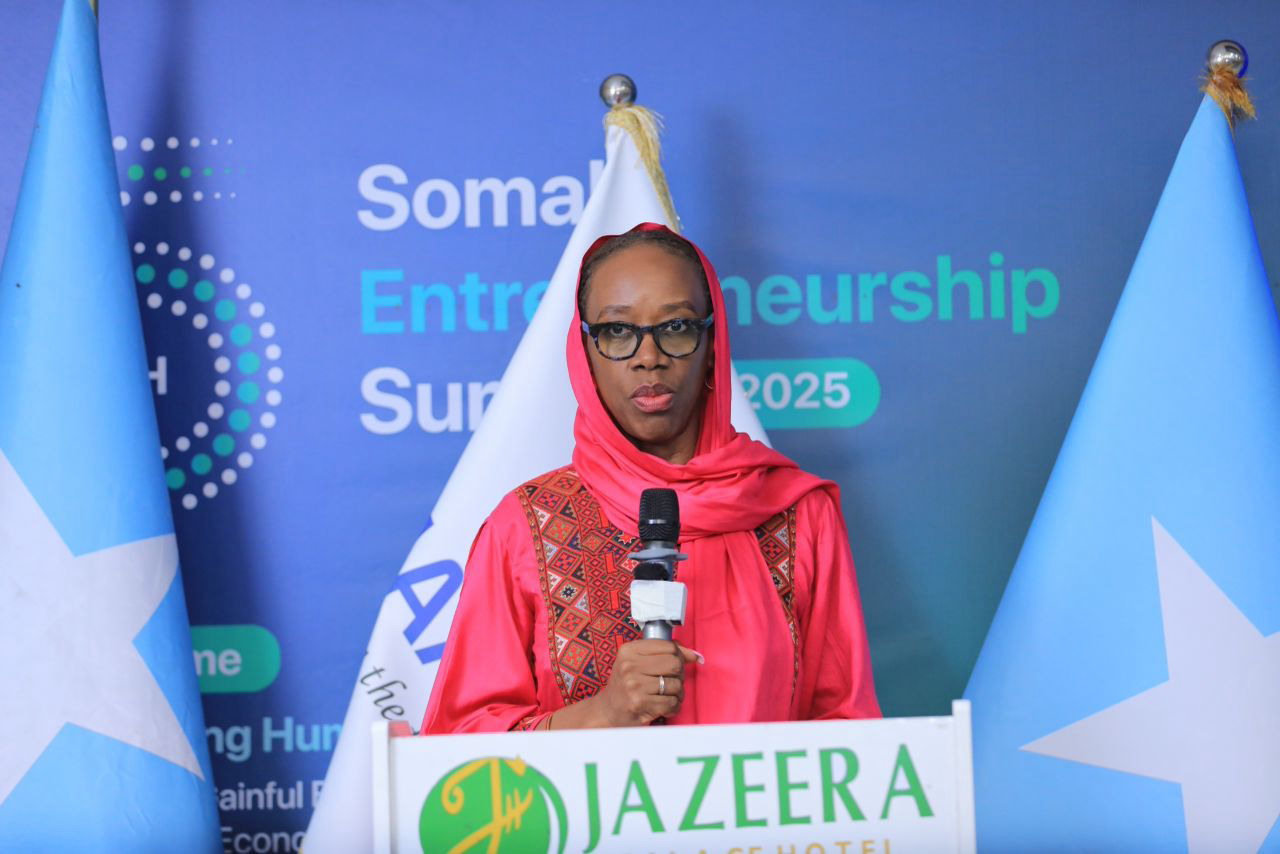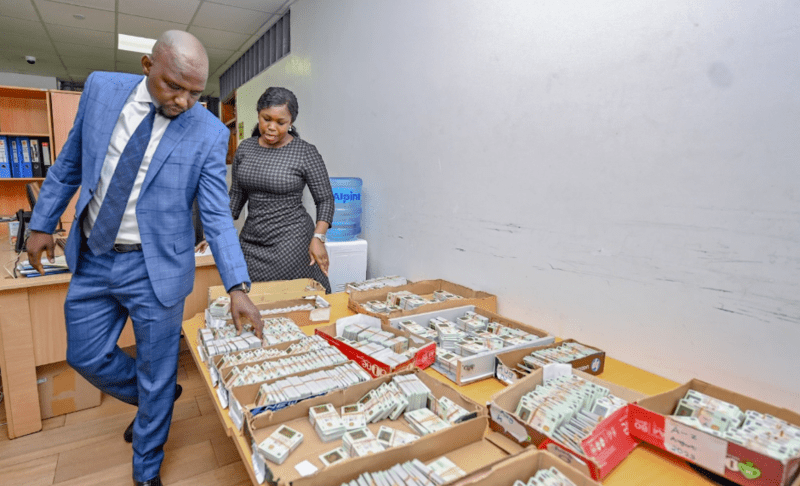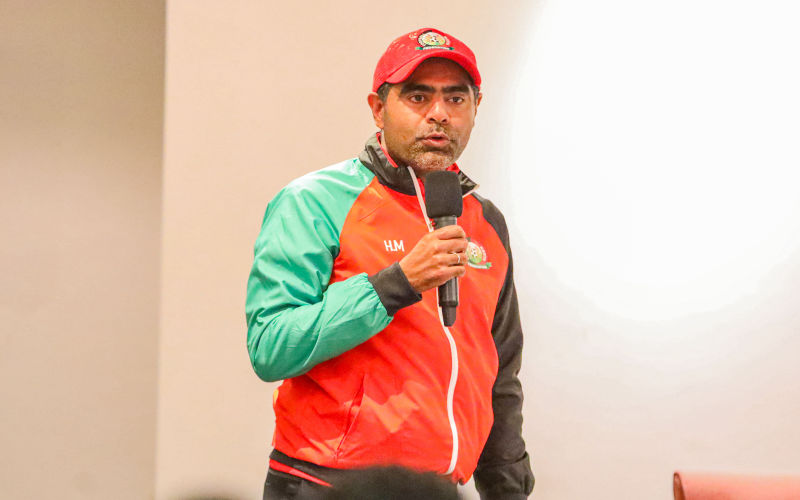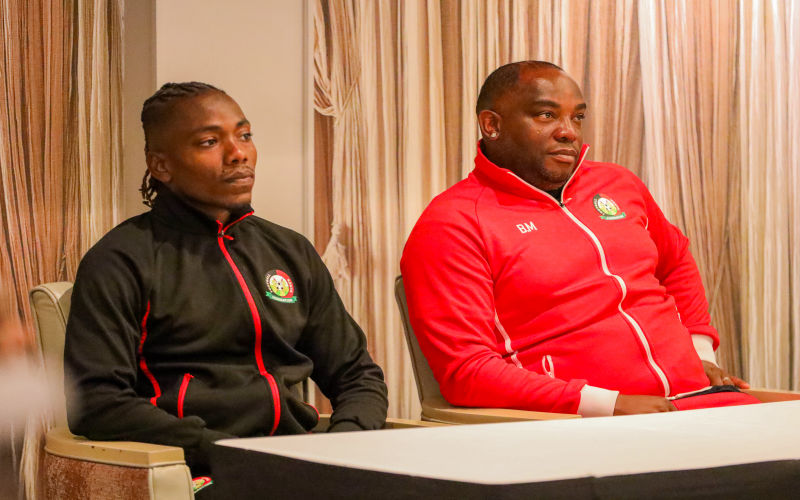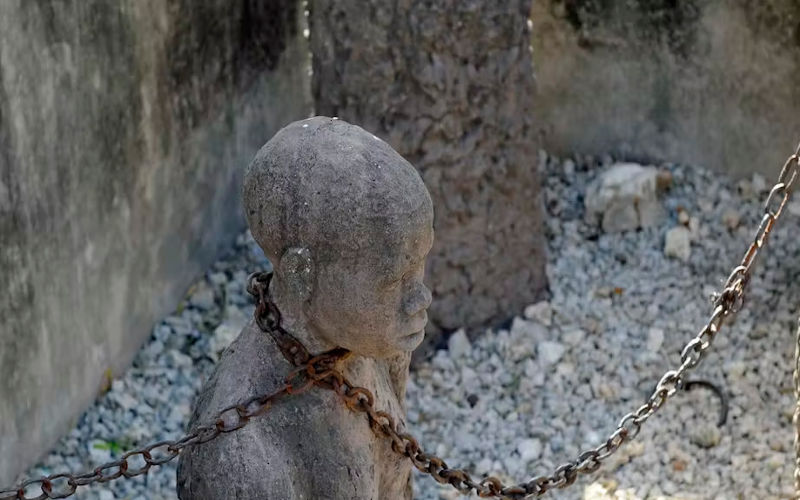Over 5,000 Grade 9 students to undergo first pilot assessment under CBC from July 15
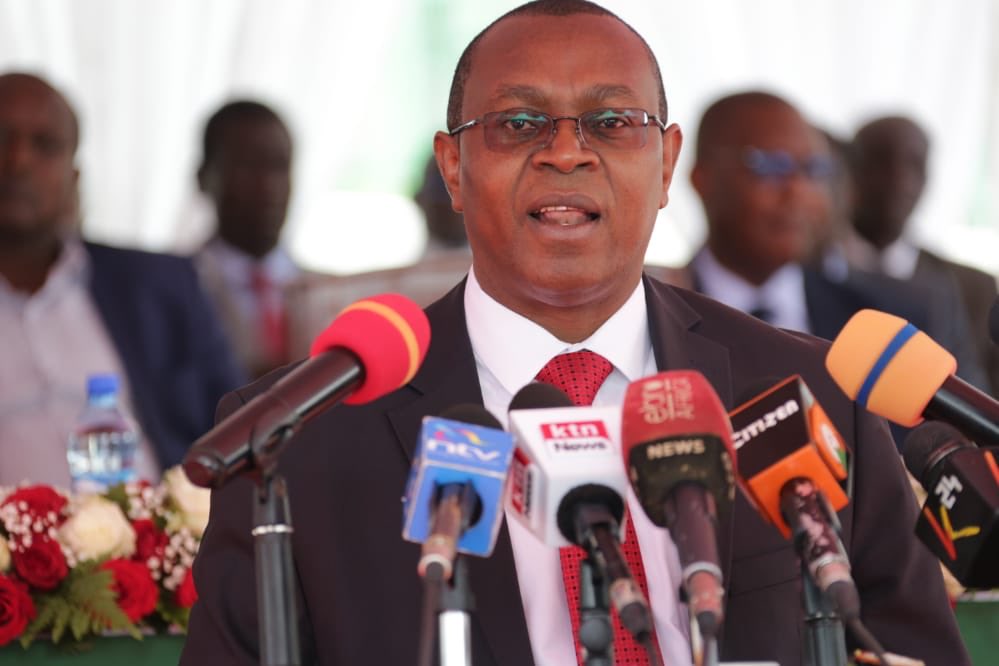
The exercise, involving 5,875 learners from 235 schools nationwide, aims to gauge students' readiness and the education system for the Kenya Junior School Education Assessment (KJSEA), set for 2025.
Grade 9 students, the inaugural cohort of the Competency-based Curriculum (CBC), are set to undertake their first pilot assessment, starting Monday, July 15 to Friday 19, 2024.
The exercise, involving 5,875 learners from 235 schools nationwide, aims to gauge students' readiness and the education system for the Kenya Junior School Education Assessment (KJSEA), set for 2025.
More To Read
- 2024 KCSE learners urged to explore TVET as alternative route to jobs, entrepreneurship
- Senior school teachers to undergo mandatory CBC training from July 28
- Over 3,000 public schools face merger over low enrolment
- Report exposes funding gaps, staff shortages and infrastructure failures in schools
- Kenya faces CBC crisis as teacher shortage surpasses 100,000 ahead of 2026 rollout
- More than 50 per cent of secondary schools not selected by Grade 10 learners, PS Bitok reveals
The Kenya National Examination Council (KNEC) will pioneer this pilot to ensure a smooth transition to the new assessment system.
"This assessment will help us evaluate the effectiveness of the CBC and prepare for the summative assessment in 2025, marking the transition to senior high school," KNEC CEO David Njengere said.
He noted that the outcomes from both formative and summative assessments will contribute to final reporting at the end of Grade 9, facilitating placement in Senior School or transition to Vocational Level for learners.
The pilot will also assess the feasibility of the proposed national assessment and verify the validity and reliability of testing instruments and procedures.
"We aim to determine the appropriateness of the test items and tasks in each subject, and the effectiveness of the assessment tools in measuring learners' competencies," Njengere said.
KNEC acting director Anne Ngatia added that various assessment formats including multiple-choice and short structured questions will be used to assess the students.
"We have a variety of assessment formats. We will have multiple choice, and we will also have short structured questions where learners are expected to write their own responses. We will analyse the results afterwards to see how they performed in this item format,” she said.
According to KNEC, 5,125 learners will be drawn from the regular curriculum, while 750 are children with special needs who are part of the pilot assessment.
A KNEC officer will take the role of a supervisor, while one of the teachers in the school will be appointed as an assessor.
Subjects assessed
The learners will be assessed in eight subjects: English Language, English (Composition & Literary Analysis), Kiswahili Lugha, Kiswahili (Insha na Utangulizi wa Fasihi), Kenyan Sign Language (KSL), Mathematics, Integrated Science, Agriculture & Nutrition, Religious Education (CRE, HRE, IRE), Creative Arts & Sports, and Pre-Technical Studies.
For the first time, a learner questionnaire will be used to understand students' interests and help guide their career pathways.
"The purpose of this assessment is to help learners choose their career paths based on their interests and personalities, not just their test scores," Ngatia said.
Njengere emphasised that the scores from the pilot will be used for research purposes only and will not affect students' official grades.
"The score that the child gets during the pilot will be used solely for research purposes. It will not affect their formative or summative assessments, which means they don’t have to prepare as if they are sitting for an exam. We have asked teachers not to coach them; they just need to show up because we want to make it as natural as possible," he said.
The pilot will also involve both e-assessment formats and traditional pen-and-paper tests. Thirty schools will adopt e-assessment, while 205 will use the pen-and-paper method.
Additionally, 30 special needs schools have been sampled to ensure representation of various disabilities.
The assessment will replace the Kenya Certificate of Primary Education (KCPE) examinations, the last edition of which was conducted last year.
In the new system, the assessment will be called the Kenya Junior School Education Assessment (KJSEA) and will be calculated as follows: 20 per cent from the Kenya Primary School Education Assessment at the end of Grade Six, 20 per cent from school-based assessments in Grades Seven and Eight, and 60 per cent from the Grade Nine summative assessment.
"We aim to determine the reliability of the scoring procedures, assess the suitability of the criteria for grading assessments at Grade 9 in guiding placement in senior school, find out the most suitable styles of reporting assessment results, and use the lessons learnt to plan for the national roll-out of the KJSEA at Grade 9," Njegere said.
Top Stories Today
Reader Comments
Trending
